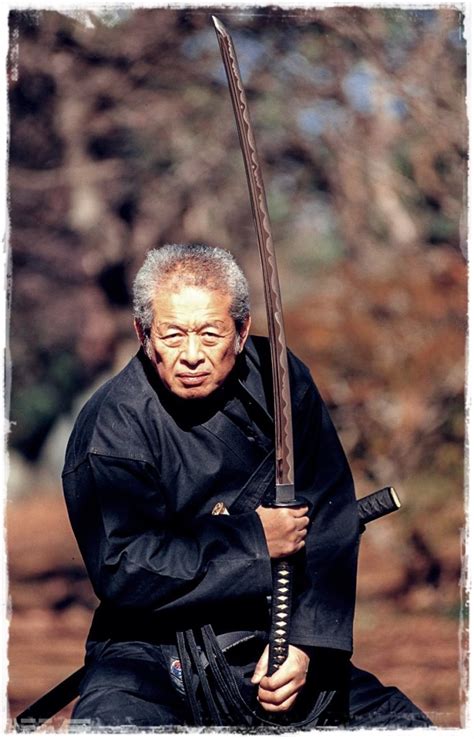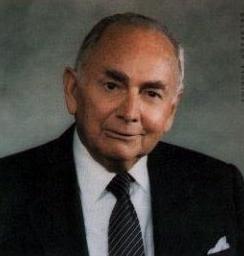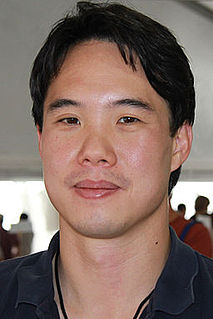A Quote by Socrates
For who is there but you? - who not only claim to be a good man and a gentleman, for many are this, and yet have not the power of making others good. Whereas you are not only good yourself, but also the cause of goodness in others.
Related Quotes
That man is good who does good to others; if he suffers on account of the good he does, he is very good; if he suffers at the hands of those to whom he has done good, then his goodness is so great that it could be enhanced only by greater sufferings; and if he should die at their hands, his virtue can go no further: it is heroic, it is perfect.
Great master Lao Tzu says that 'The Master has no possessions. The more he does for others, the happier he is. The more he gives to others, the wealthier he is.' Giving is indeed a very good source of happiness! One of the best treasures a man can give to someone is a good and sound idea; because birds can ascend into the sky only with wings, and men, only with good and sound ideas!
At that point, Noriko finally breaks down and begins to cry sobbing into her hands as the floodgates open - this young woman who has suffered in silence for so long, this good woman who refuse to believe she's good, for only the good doubt their own goodness, which is what makes them good in the first place. The bad know they are good, but the good know nothing. They spend their lives forgiving others, but they can't forgive themselves.
The best way to sell yourself to others is first to sell the others to yourself. Check yourself against this list of obstacles to a pleasing personality: interrupting others; sarcasm; vanity; being a poor listener; insincere flattery; finding fault; challenging others without good cause; giving unsolicited advice; complaining; attitude of superiority; envy of others' success; poor posture and dress.
French wines may be said but to pickle meat in the stomach, but this is the wine that digests, and doth not only breed good blood, but it nutrifieth also, being a glutinous substantial liquor; of this wine, if of any other, may be verified that merry induction: That good wine makes good blood, good blood causeth good humors, good humors cause good thoughts, good thoughts bring forth good works, good works carry a man to heaven, ergo, good wine carrieth a man to heaven.
Individuals understood in relational terms cannot be conceived as fully separate from their communities. Others in one's community may already be a part of the self. This conception of the person as overlapping in identity with others has normative implications for what constitutes the good of the individual and how that good relates to the good of others. One's relationship with others can form a part of one's good as an individual, such that one can have a compelling interest in the welfare of these others and in one's relationship with them.
You should desire for others what you desire for yourself, and hate for others what you hate for yourself. Do not oppress, just as you do not like to be oppressed. Do good to others just as you would like good to be done to you. Dislike in yourself what you dislike in others. Accept that treatment from others which you would like others to accept from you. Do not say to others what you do not like to be said to you.







































